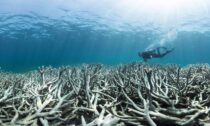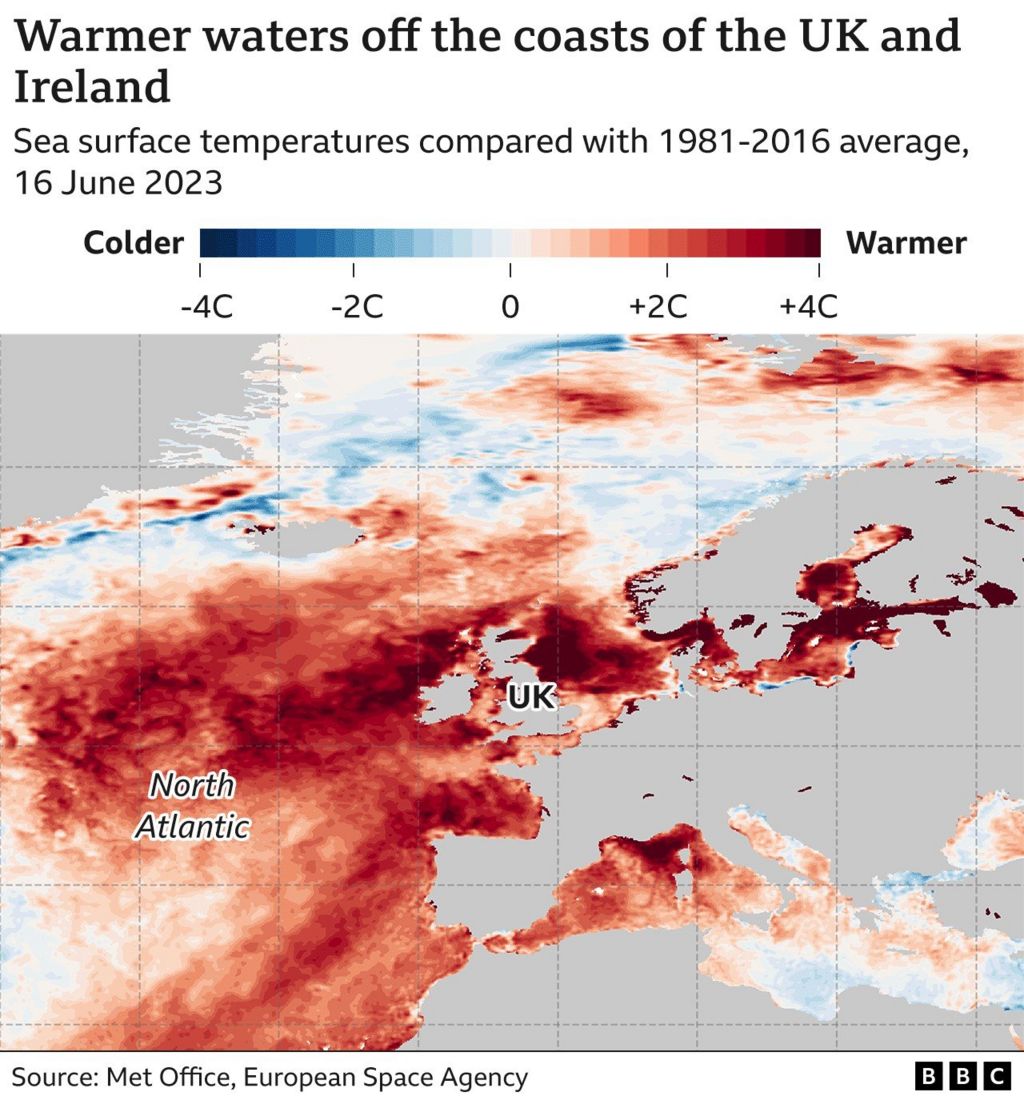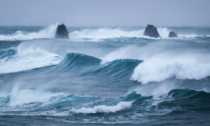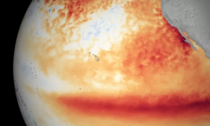
The oceans have hit their hottest ever recorded temperature as they soak up warmth from climate change, with dire implications for our planet’s health. The average daily global sea surface temperature beat a 2016 record this week, according to the EU’s climate change service Copernicus. It reached 20.96C. That’s far above the average for this time of year.
Oceans are a vital climate regulator. They soak up heat, produce half Earth’s oxygen and drive weather patterns.
Warmer waters have less ability to absorb carbon dioxide, meaning more of that planet-warming gas will stay in the atmosphere. And it can also accelerate the melting of glaciers that flow into the ocean, leading to more sea level rise.
Hotter oceans and heatwaves disturb marine species like fish and whales as they mo...
Read More













Social Profiles